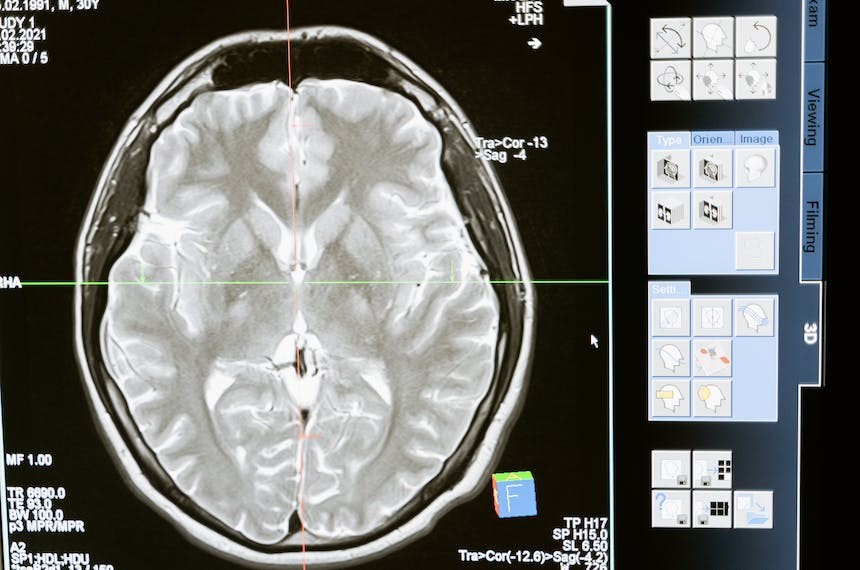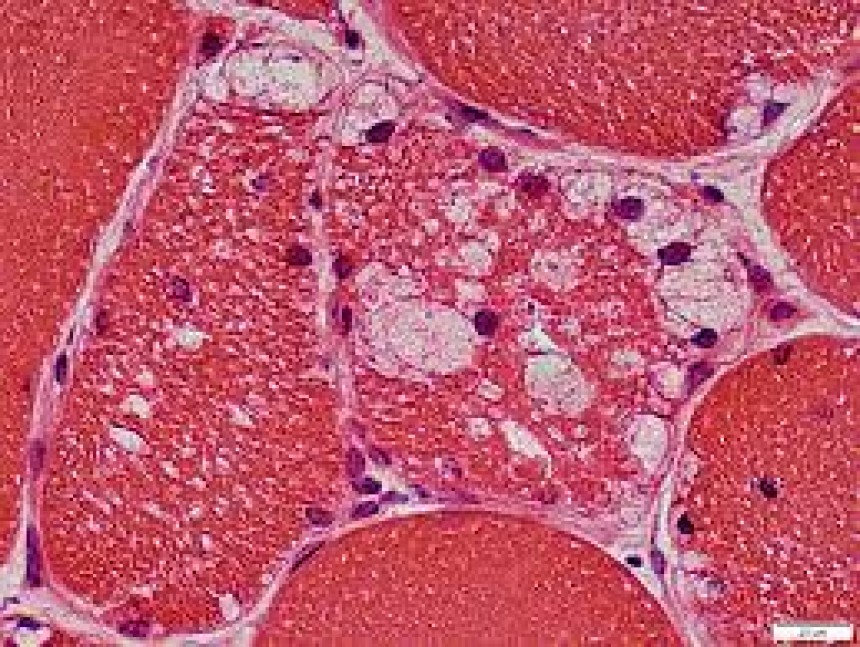
Multiple sclerosis Cognition and Ambulation issues
Cognitive impairment in MS, manifesting as inattention and memory issues, is managed with coping strategies, cognitive rehabilitation, and treating associated conditions like sleep disorders. Gait impairment is addressed through physical therapy, mobility aids, and possibly dalfampridine. Some DMTs may modestly benefit cognitive function.
Cognitive Impairment in MS:
Dementia is an uncommon feature in MS, but some degree cognitive impairment is frequently present during the course of the disease. The most frequent abnormalities are inattention, abstract thinking problems, short term memory loss and problems related to word recalling. (1)
Treatment of Cognitive Impairment:
Treatment includes non-pharmacological and pharmacological measures. Additionally, patients with cognitive disorders should be evaluated for sleep disorders, depression, pain syndromes and fatigue as they are commonly associated. Non- pharmacological approach includes coping strategies and cognitive rehabilitation. Coping strategies, such as, the use of alarmed personal organisers, written reminders and phone logs, pacing of activities to manage physical and cognitive fatigue can be quite helpful. Accommodations, such as, telecommuting and job sharing which allow patients with MS opportunities to rest can help keep patients productive. Cognitive rehabilitation technique is another effective approach. (2, 3)
Pharmacological Treatment for Cognitive Dysfunction:
There is not any known effective pharmacological treatment. Some disease modifying agents, including interferon beta-1a, interferon beta- 1b, natalizumab and fingolimod may slow down the progression of cognitive dysfunction. Also, donepezil (5 mg once daily) showed modest benefits in clinical trials. (4, 5)
Gait Impairment in MS:
Gait impairment is common in MS and some patients eventually require wheelchair or a cane. Gait impairment can result from leg spasticity, leg weakness, fatigue, sensory loss and visual loss. (6)
Management of Gait Impairment:
The management consists mainly of physical therapy along with the use of mobility aids, such as, ankle foot orthosis (AFO), canes, walkers, wheelchairs and scooters. Also, functional electrical stimulation devices which activate the peroneal nerve can improve gait impairment in selected patients with foot drop. (7, 8)
Medical Treatment for Gait Impairment:
Medical treatment with dalfampridine (4-aminopyridine), which is a potassium channel blocker, can improve walking in some patients with MS. It is used at 10 mg twice daily. (9)
References
1-Amato MP, Ponziani G, Pracucci G, Bracco L, Siracusa G, Amaducci L. Cognitive impairment in early-onset multiple sclerosis. Pattern, predictors, and impact on everyday life in a 4-year follow-up. Arch Neurol. (1995) 52:168–72. doi: 10.1001/archneur.1995.00540260072019
2- Rogers JM, Panegyres PK. Cognitive impairment in multiple sclerosis: evidence-based analysis and recommendations. J Clin Neurosci. (2007) 14:919–27
3-Feinstein A, Rector N, Motl R. Exercising away the blues: can it help multiple sclerosis-related depression? Mult Scler 2013; 19:1815.
4-He D, Zhang Y, Dong S, et al. Pharmacological treatment for memory disorder in multiple sclerosis. Cochrane Database Syst Rev 2013; :CD008876.
5-Krupp LB, Christodoulou C, Melville P, et al. Multicenter randomized clinical trial of donepezil for memory impairment in multiple sclerosis. Neurology 2011; 76:1500.
6-Bethoux F. Gait disorders in multiple sclerosis. Continuum (Minneap Minn) 2013; 19:1007.
7-Thompson A, Polman C. Improving function: a new treatment era for multiple sclerosis? Lancet 2009; 373:697.
8-Barrett CL, Mann GE, Taylor PN, Strike P. A randomized trial to investigate the effects of functional electrical stimulation and therapeutic exercise on walking performance for people with multiple sclerosis. Mult Scler 2009; 15:493.
9-Raffel JB, Malik O, Nicholas RS. Assessing dalfampridine efficacy in the physician's office. Mult Scler 2014; 20:24.





